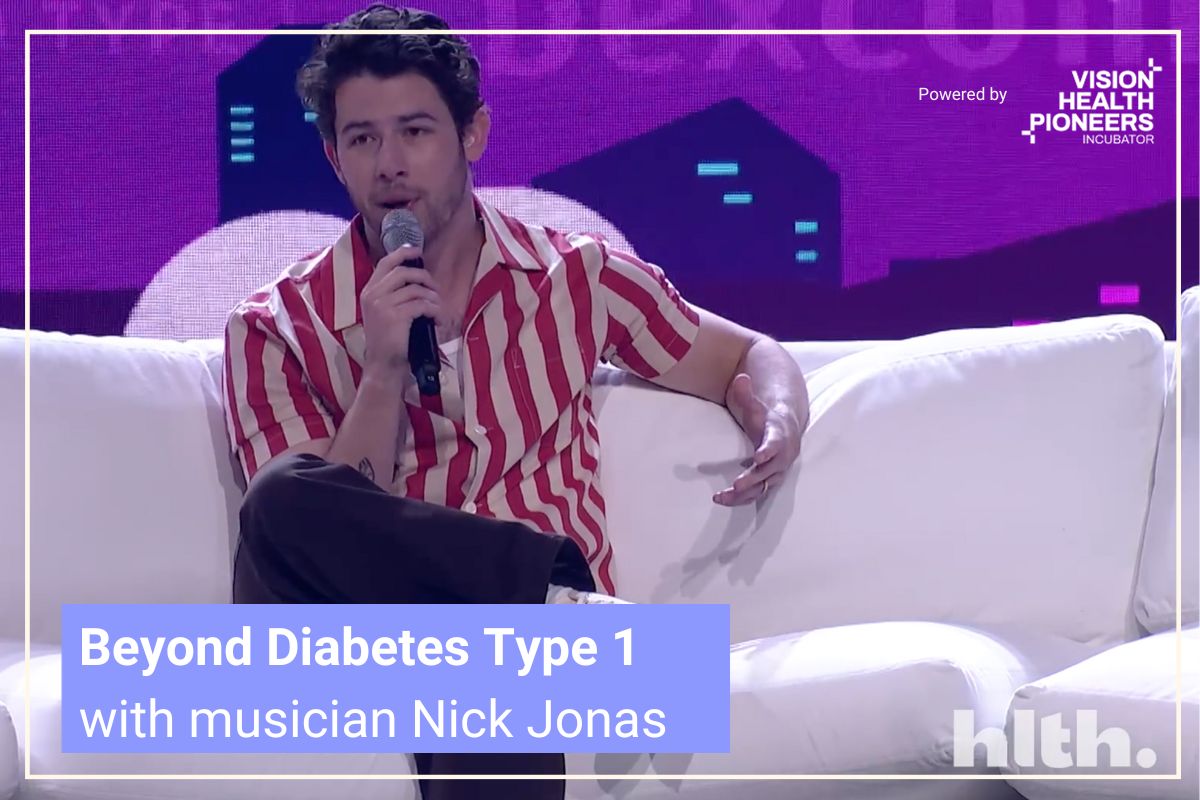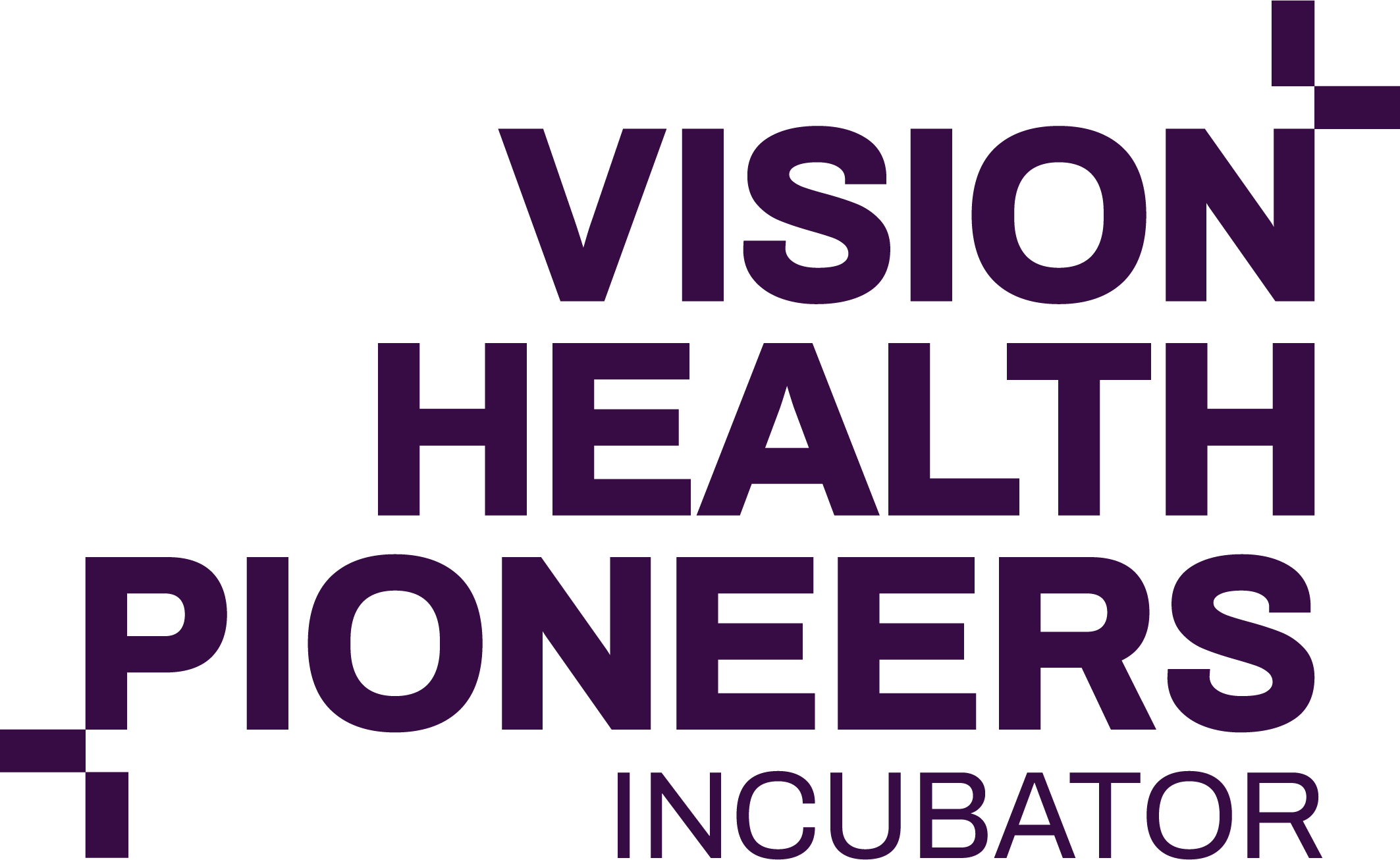
13 Nov Beyond diabetes type 1 with musician Nick Jonas
When I look at my life and career,the thing I’m most proud of so far is to be able to build something where I can lean on the community, … this big, brilliant community of people who are dealing with this disease, both type one and type two.”
Nick Jonas, musician and co-founder of Beyond Type 1
Nick Jonas is a well-known American singer, songwriter, and actor who gained fame as a member of the Jonas Brothers, a popular pop band. He is also known for his advocacy and openness about living with type 1 diabetes.
We got the chance to see him on stage at #HLTH2023 Las Vegas, and listen to his inspiring journey – from being diagnosed at age 13 to becoming a community builder and global spokesperson for diabetes patients.
Nick Jonas talked openly about performing in front of thousands of people, while also going through puberty, being a spokesperson for diabetes, and having a daily treatment routine. All of this put immense stress on his physical and mental health, a struggle that many individuals with diabetes can relate to. “We have done a lot of work at Beyond Type 1 to speak about this”, Nick said.
He co-founded the non-profit Beyond Type 1 almost 9 years ago with the mission to educate and advocate for diabetes and raise awareness for things that are important to the community. It’s a place where people can find support and “lean on each other”. “When I look at my life and career,” Nick said, “the thing I’m most proud of so far is to be able to build something where I can lean on the community, … this big, brilliant community of people who are dealing with this disease, both type one and type two.”
Besides being a community, Beyond Type 1 also supports research and provides grants for innovative solutions. “We’re at a real inflection point in terms of several aspects of the technology that goes into diabetes management, into CGM (rf. Continuous Glucose Management) – in terms of the biochemistry, connectivity, software, and algorithms. And so our job is to continue to bring those innovations forward for people with type one diabetes who are on insulin, and we announced earlier this year that we’ll be bringing a new product to market next year, specifically designed for people who are not on insulin, who have a different set of needs.
And we’ll continue to innovate on both fronts. What’s most important for us is the why and how we do that innovation. So every time we look at a new technology, something new that we can integrate, the question we always ask is, what is the problem that we’re solving for the end user? How are we making their lives better? And that is what drives us in our design and our research, our development, our science, and our partnerships.”



